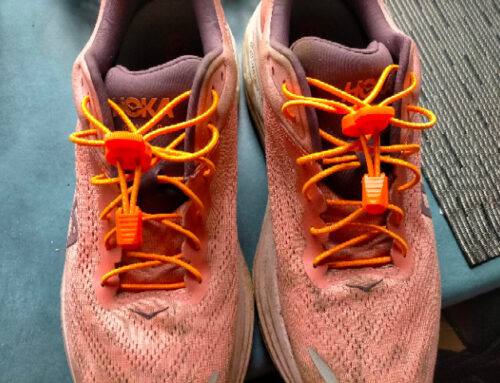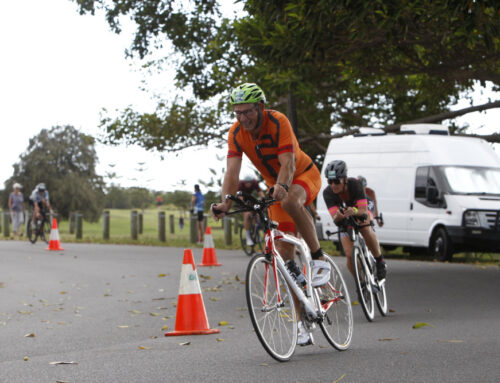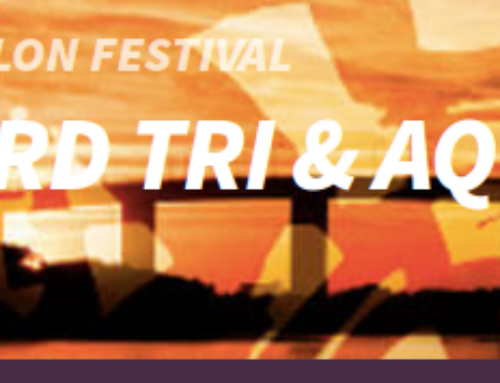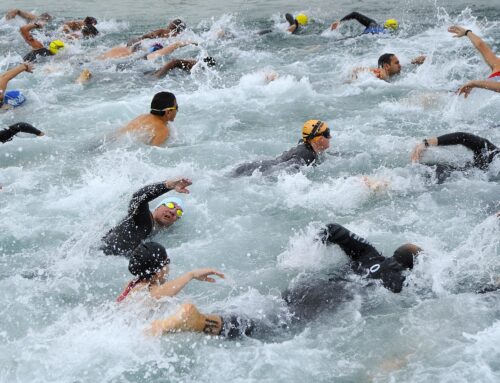The Golden Rules of Goal Setting for Athletes
These Golden Rules are for setting your goals for the coming season, you might well have a really big goal that’s a few years away, eg I want to be the AG World Champ in 2028 (we’re now at the end of 2024) however your goals for the coming season are those that’ll drive everything for the next year. As you well remember the SMART goal thing, this is another take on it but relevant to us as athletes.
1. Set Timely Goals
Even for the somewhat trained endurance athlete, training for your first epic race (eg Marathon, Ultra Marathon, T100, half or full Ironman) is normally a 12-month process. Trying to hit a marker that far out is extremely hard unless you have some milestones along the way that help you stay on target.
It’s best to have race goals every 3-4 months so there’s always a tangible goal within your reach. You want to have a race that’s not to far away, so even when going through a full training cycle (Preparation, Base1, Base2, Build and Peak), which is typically 6 months you’ll want to plan in a C race in Bas2 or Build), ideally you want to have a race schedules every 3-4 months to keep your motivation on track.
2. Don’t Go Too Easy
If you did it last year, it’s not a challenge for this year. We often race the same events year after year, which is fine, but our goals for these events have to progress.
The exception could be a lifestyle change that significantly changed your ability to train compared to last year. In that case, getting back to a previous performance level can be a challenging goal in deed.
Successful goals push us outside of our comfort zone. They scare us a bit because failure is a distinct possibility. It’s that desire to succeed in the face of a challenge that helps us commit to high-quality training sessions even when the weather is bad, and help you win the day.
3. Set Achievable Goal(s)
Your goals should stretch you, but they have to be within the realm of possibility. If you’re currently racing Sprint triathlons, than saying I’m going to win my AG at an Ironman next year is not very likely.
Ambitious goals are great because they demand great focus; you know you will only accomplish an ambitious goal if a lot of things go right. If the goal is just to big you will not get in cooee of it and then it becomes a de-motivator instead, not what you want!
4. Be Realistic
If your goals require a complete reboot of your life, they are probably not realistic. Now, there are certainly people who have ditched their jobs, walked away from their families, and sold their earthly possessions to pursue a goal that changes the world. We generally want to achieve our endurance goal without losing our partner, family, job etc.
The more disruptive your goals are to your life outside of sport, the less likely you’ll be able to stick to them. Minor disruptions – getting up earlier, going to bed earlier, some dietary changes, a long run on Sundays can be accommodated by your loved ones and are often necessary and good. But be wary of changes that create lifestyle stress.
5. Set Measurable Goals
Sometimes we get vague when we lack confidence to achieve something. Rather than risk failure we set goals like “doing better on the group ride” or “being a better swimmer” Those goals need to be made more specific by establishing performance metrics (5km run TT under 30 minutes, 30 km bike TT under 70 minutes etc). Best is to set measurable goals that are achievable through training and nutrition, which can include body goals such as less than 12% body fat or body weight less than x kg.
6. Avoid Goals that Involve the Podium
We all love to win, but the reality of endurance racing is that even the best athletes usually lose a lot more often than they win. There are also so many variables involved in winning an endurance race, so unless you’re chasing qualifying points it’s best for your goals to be set in relation to what you control, your own achievements. For example at Husky this year I’m going to beat my PR by at least 3 minutes or I will finish my next HIM (Half Ironman) under 6 hours.







